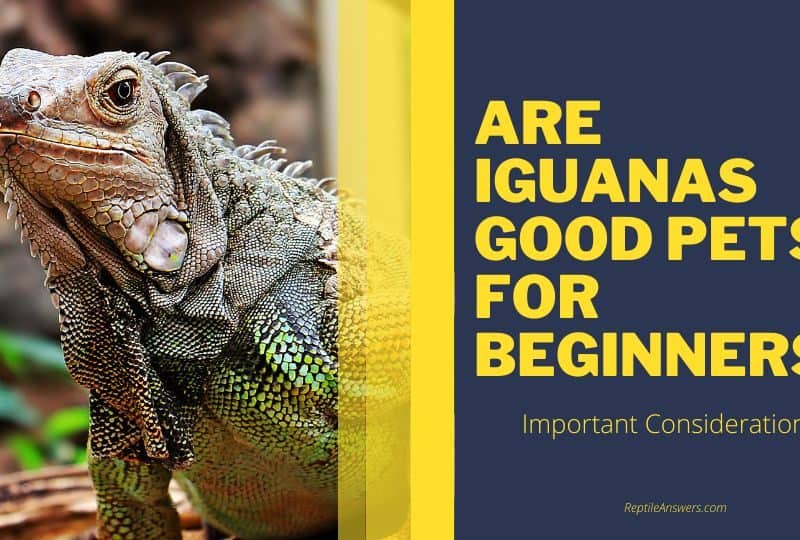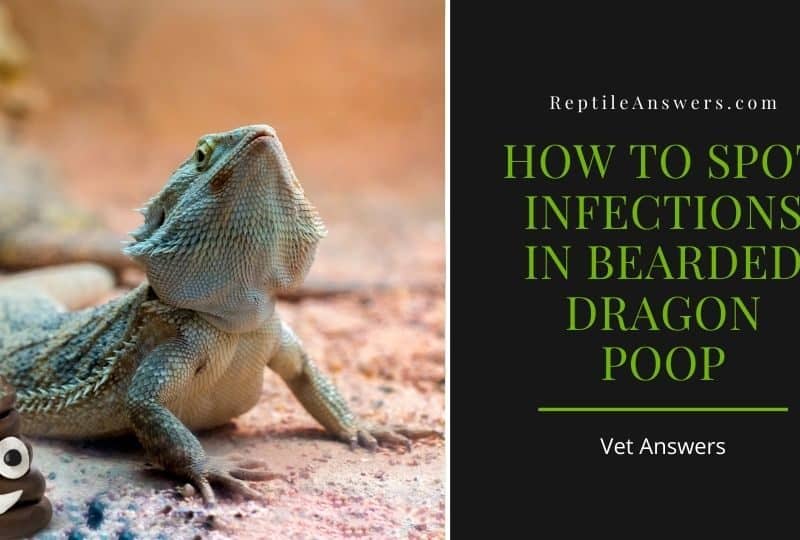Bearded dragons are a beloved pet for many people. They are relatively easy to care for and come in various colors. But one of the most common questions people ask is, “how long do bearded dragons live?” In this blog post, we will explore the truth about the bearded dragon’s lifespan. We will discuss how long they typically live, what affects their lifespan, and some things you can do to help them live a longer life!

What is the average lifespan of a bearded dragon?
Bearded dragons are a popular type of pet lizard known for their docile nature and easy care requirements. But how long do these lizards live? In the wild, bearded dragons typically live for about 5-8 years. However, captive beardies often have a much longer lifespan, with many individuals living 10-12 years or more. This is due to the fact that captive beardies are provided with optimal care, including a well-balanced diet and a clean enclosure.
Additionally, captive beardies do not have to contend with predators or other threats, which can shorten their lifespan in the wild. While 10-12 years is the average lifespan for a bearded dragon, it is not unusual for these lizards to live even longer, with some individuals reaching 15 years or more.
There are eight different species of bearded dragons, and they have different lifespans, with Pygmy and Rankin’s dragons tending to live on the shorter end of the spectrum (5-8 years), while Central and Inland bearded dragons often have longer lifespans of 8-10 years. Ultimately, however, the lifespan of a bearded dragon is largely dependent on its individual care and husbandry. Those who are well cared for often enjoy a long and healthy life.

What affects a bearded dragon’s lifespan?
A bearded dragon’s lifespan can be affected by a number of different factors:
1. Diet
A bearded dragon’s lifespan can be affected by many factors, but diet is one of the most important. Bearded dragons are omnivores, meaning they require both animal and plant matter to survive. A healthy diet for a bearded dragon should include small insects, leafy greens, and occasional fruits or vegetables. It is important to provide a variety of foods to ensure that your dragon gets all the nutrients it needs.
In addition, it is important to avoid feeding your dragon live prey that may be too large or aggressive. While a properly balanced diet cannot guarantee a long life for your bearded dragon, it is an essential part of providing proper care.

2. Environment
Bearded dragons are lizards that are native to Australia. Their scientific name is Pogona, and they are a part of the Agamidae family. Bearded dragons live in dry, arid climates and can be found in deserts, scrublands, and woodlands. In the wild, they typically live for 8-10 years. However, in captivity, they can live for up to 20 years with proper care.
Various factors can affect a bearded dragon’s lifespan, but the environment plays a crucial role. When kept as pets, bearded dragons need an enclosure that closely resembles their natural habitat. This means that the enclosure should be large enough for them to move around freely, have ample hiding places, and provide a temperature gradient so that they can regulate their body temperature.
Additionally, the enclosure should be cleaned regularly to prevent the spread of disease. By providing a proper environment for your bearded dragon, you can help them to enjoy a long and healthy life.
3. Genetics
Genetics plays a significant role in determining the lifespan of a bearded dragon. In general, dragons with fewer genetic defects tend to live longer than those with more defects. For example, dragons with heart defects or respiratory problems often have shorter lifespans than healthy dragons.
In addition, dragons that are genetically diverse tend to live longer than those that are closely related. This is because inbreeding can lead to an increased incidence of genetic defects. As a result, it is crucial to consider the genetics of a bearded dragon when trying to determine its expected lifespan.
By understanding genetics, you can make sure that your dragon lives a long and healthy life.

How can you help your bearded dragon live a longer life?
While bearded dragons are generally hardy creatures, there are some things that you can do to help ensure that your pet enjoys a long and healthy life. Here are five tips:
1. Provide a well-ventilated enclosure
Bearded dragons come from arid desert environments, so it’s important to make sure that their enclosure is well-ventilated and has adequate airflow. A good way to achieve this is to use a screen top on the enclosure. This will allow heat and humidity to escape while still providing enough protection, so your dragon doesn’t escape. Another way to provide adequate ventilation is to use a fan. This will help circulate the air and keep your dragon’s enclosure at a comfortable temperature. By providing a well-ventilated enclosure, you will help your bearded dragon stay healthy and live a long life.
2. Give them a proper diet
Bearded dragons are omnivores, so their diet should consist of both plants and animals. Feed them a variety of foods to ensure that they’re getting all the nutrients they need. You can give them live food, like crickets and mealworms, or you can feed them frozen or freeze-dried food. Vegetables should make up about 20% of their diet, so offer them leafy greens, squash, and sweet potatoes. Avoid giving them iceberg lettuce, as it doesn’t contain many nutrients. Bearded dragons need to eat about 50 crickets per week. You can feed them more or less, depending on their size and appetite. If you’re not sure how much to feed your bearded dragon, ask your veterinarian for guidance.

3. Make sure they have access to UVB lighting
One of the most important things you can do to ensure your bearded dragon has a long and healthy life is to make sure they have access to UVB lighting. This type of lighting is essential for bearded dragons as it helps them to synthesize vitamin D3. Without it, they can develop a condition called metabolic bone disease. Metabolic bone disease is a condition that leads to softening of the bones and deformities. Signs of the metabolic bone disease include lethargy, loss of appetite, and skeletal deformities. If you think your bearded dragon may be developing this condition, it is important to take them to the vet as soon as possible.
4. Provide a hiding spot
As any reptile lover knows, bearded dragons make great pets. They are relatively low-maintenance, and they can live for 10-15 years with proper care. One important way to help your bearded dragon lives a happy and healthy life is to provide a hiding spot. Bearded dragons are naturally shy creatures, and they like to have a place to retreat when they feel overwhelmed. A hiding spot will also help to reduce your bearded dragon’s stress levels, which can have a positive impact on its overall health. When choosing a hiding spot for your bearded dragon, be sure to choose a place that is safe, warm, and well-ventilated. A hiding spot that meets all of these criteria will give your bearded dragon the ideal environment for long and healthy life.

5. Handle them with care
Bearded dragons are delicate creatures that can be easily injured. Handle them gently and carefully to avoid hurting them. Avoid holding them by the tail, as this can cause them to break off. If you must pick them up, do so with both hands supporting their body. Cradling them close to your chest is the best way to carry them. With proper care, your bearded dragon can live a long and healthy life.
6. Regular vet check-ups
As a pet owner, you always want what’s best for your animal. You feed them the best food, give them a comfortable home, and provide them with plenty of love and attention. But did you know that one of the best things you can do for your bearded dragon is to take them for regular vet check-ups? By catching potential problems early on, you can prolong your pet’s life and avoid expensive medical bills down the road. So don’t neglect this important tip – schedule a vet visit for your bearded dragon!
7. Basking lights
Basking lights are essential for bearded dragons as it helps them regulate their body temperature. The proper basking temperature for a bearded dragon is between 95-110 degrees Fahrenheit. Bearded dragons need a basking light to help maintain their body temperature and to prevent them from becoming stressed. A common stressor for bearded dragons is when their environment is too cold or too hot. When their environment is too cold, bearded dragons will become sluggish and stop eating. If their environment is too hot, bearded dragons can overheat and die. Basking lights help to provide the perfect basking environment for bearded dragons by giving off heat and light. Bearded dragons need basking lights for 10-12 hours a day in order to stay healthy and avoid stress.

8. Dust their food with calcium powder
Remember to dust your beardie’s food with calcium powder. This simple step helps to ensure that your pet gets the nutrients they need to stay healthy and grow. While bearded dragons can get some calcium from their diet, they often need a little boost to maintain their health. Calcium powder is an easy way to provide this essential nutrient, and it can help your bearded dragon live a longer and healthier life.
Conclusion
In conclusion, beardies live 10-15 years on average, but there are many things you can do to help your bearded dragon live a long and healthy life. By providing a hiding spot, handling them with care, taking them for regular vet check-ups, and dusting their food with calcium powder, you can give your pet the best chance for long and happy life.



